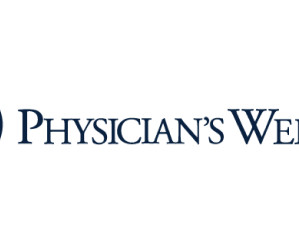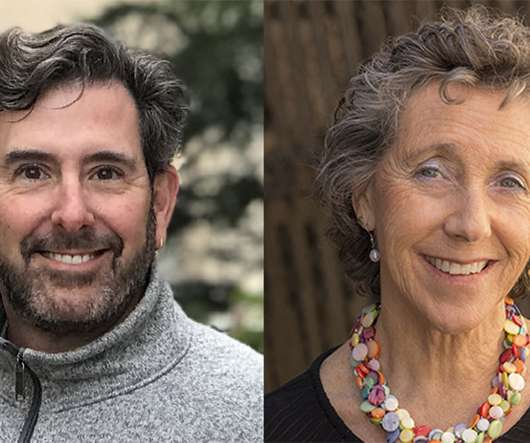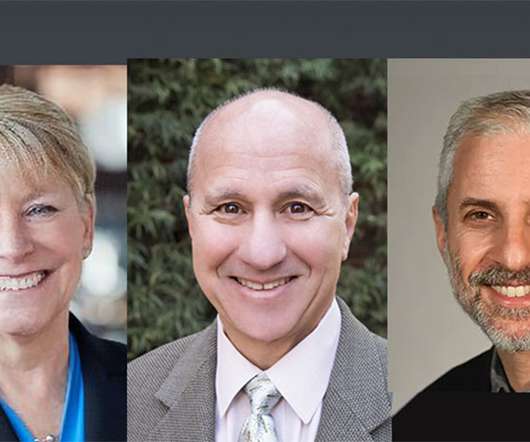A Call for Engagement Outside of the Exam Room
Physician's Weekly
JUNE 13, 2025
There is robust data regarding the importance of patient connection and engagement in the hospital and clinic setting. Physicians can often literally meet patients where they are and address the broader social determinants of health, such as housing, education, and income, which significantly impact patient well-being and illness prevention.












Let's personalize your content